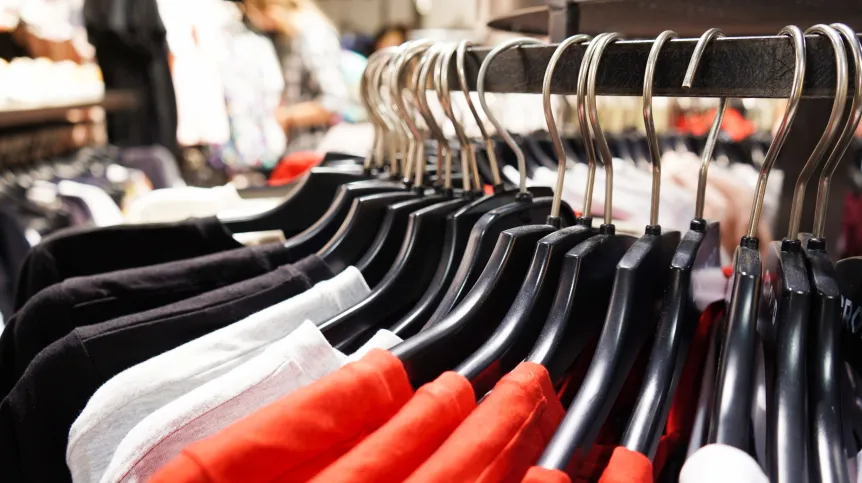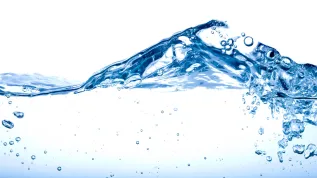
Although according to EU law, the same product bought in Germany, Sweden or Poland should be of the same quality, it often has very different quality parameters. The quality of goods sold by some manufacturers in Poland remains inferior. To combat such unfair practices, Polish scientists designed the AI system ANSI.
Dual quality is an illegal practice of selling food, chemical, cosmetic, clothing or electronic products in various EU countries, that, while sold under the same brand and in the same packaging, are different in terms of composition or properties.
Comparative studies of food products have shown that almost every tenth product sold in the European Union is a dual-quality product.
Experts at the National Information Processing Institute (OPI) and researchers at the Institute of Computer Science of the Polish Academy of Sciences (IPI PAN) have developed ANSI. This IT system will rely on artificial intelligence methods and techniques, including machine learning and deep learning. The system will be used to identify products based on multinational preferences and multilingual online consumer opinions.
The OPI PIB Social Communication Department said: “In increasingly globalised markets that offer significant volumes of products and services, unscrupulous firms find it easy to bypass official control measures, and consumers are hard-pressed to identify unfair commercial practices.
“The capabilities of a single person, or even a group of people tasked with manual analysis, are limited. The staff of the institutions that are responsible for product monitoring and supervision are unable to scrutinise all of the products on the market. This is where AI comes in.”
The ANSI system will be developed and implemented fully by 2025.
Dr Łukasz Kobyliński, assistant professor in the Linguistic Engineering Group at IPI PAN, and IPI PAN task manager for the ANSI project said: “Cutting-edge natural language processing methods will help us to identify products in Poland whose quality should be analysed not only in laboratories, but also based on online opinions. By using AI methods, we want to take the advantage of the fact that large portions of our lives have been transferred online.”
After a thorough analysis of consumers' opinions, ANSI will issue recommendations on whether products should be further examined in a laboratory. It will also incorporate a web platform that provides access to the models, the data collected and the results of the analyses.
ANSI will comprise an internet data collection module and an information analysis and processing module, which will be supported by a dedicated algorithm. The data collection module is designed to cleanse, pre-process and extract data. The information analysis and processing module will incorporate models that detect languages, analyse opinion sentiments, identify dual-quality products, and recommend such products for laboratory testing.
Dr. Marcin Mirończuk from the Laboratory of Intelligent Information Systems at OPI said: “Our tool will help identify consumer opinions on the basis of multilingual online resources, such as auction and e-commerce websites, forums, the websites of consumer law enforcement institutions, and the portals of consumer organisations. The solution will identify products whose quality differs between the markets.”
He added that the final result will be a high-quality product and product opinion database with a list of laboratories, and that “ANSI will be of great assistance to the staff of UOKiK.”
The highly versatile tool can be integrated with other systems that provide product information and opinions on products. The solution will also support the identification of dangerous and low-quality products, with special regard to dual quality. ANSI can be implemented flexibly and integrated with external authorisation and authentication systems.
ANSI will be subsidised by the National Centre for Research and Development as part of the strategic programme INFOSTRATEG III. (PAP)
author: Katarzyna Czechowicz
kap/ ekr/
tr. RL













